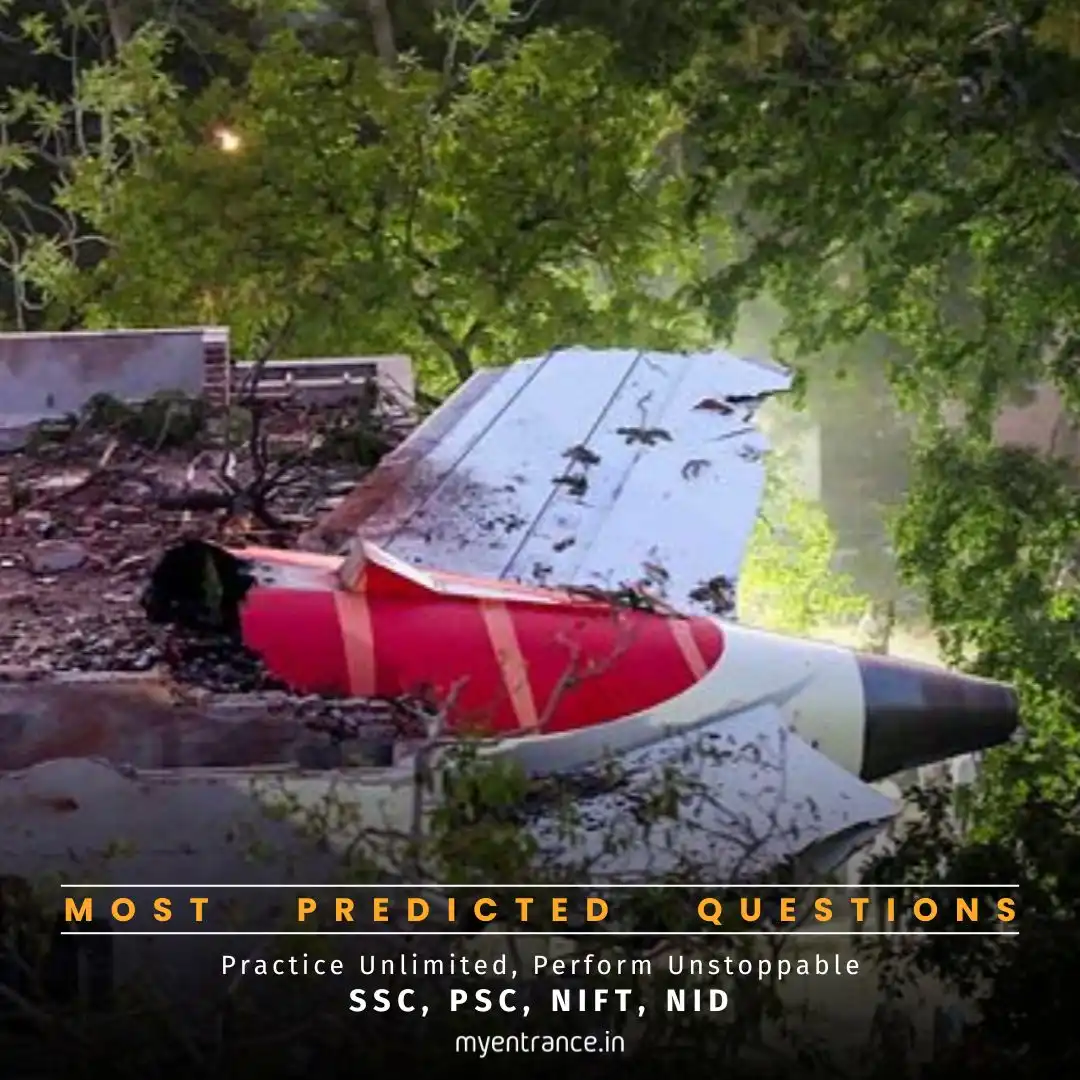Select Language
How is Operation Sindoor Boosting Private Sector Role in Defence Manufacturing?
The Indian government is ramping up efforts to strengthen defence manufacturing by involving private companies more actively. With policy reforms, faster procurement timelines, and a push for indigenous production, this shift could redefine India’s defence capabilities.

Key Developments in Defence Manufacturing
Operation Sindoor’s Impact:
Increased focus on indigenous production of artillery guns, missiles, drones, and precision-guided munitions.
The government aims to reduce procurement timelines from six years to just two for major orders.
Private Sector’s Growing Role:
Defence Acquisition Procedure (DAP) 2020 is being revised (DAP 2025) to streamline procurement, encourage private participation, and cut bureaucratic delays.
Private firms may collaborate with DRDO and PSUs for R&D and production, similar to the Bharat Forge-DRDO carbine project.
Faster Procurement & Policy Changes:
Plans to simplify documentation, promote competitive bidding (instead of nominations), and support private drone manufacturers transitioning to military-grade production.
The defence ministry has already increased capital expenditure spending, signalling faster project execution.
Why This Matters for Competitive Exams (SSC, PSC, UPSC, NDA, etc.)
This topic is crucial for exams because:
It aligns with current affairs (prelims) and government policies (mains).
Questions may cover DAP 2020/2025, Make in India in defence, private sector’s role, and defence procurement reforms.
Understanding these trends helps in essays and interviews on self-reliance (Atmanirbhar Bharat) and national security.
Sample Questions & Answers
Q1: What is the significance of Defence Acquisition Procedure (DAP) 2020?
Ans: DAP 2020 promotes ‘Make in India’ by prioritizing indigenous defence manufacturing, reducing imports, and encouraging private sector participation.
Q2: How is Operation Sindoor influencing defence production?
Ans: Post-Operation Sindoor, India is focusing on indigenous missiles, drones, and artillery, with faster procurement and private sector involvement.
Q3: What changes are expected in DAP 2025?
Ans: DAP 2025 will likely shorten procurement timelines, simplify documentation, and promote competitive bidding over nominations.
Q4: How can private companies contribute to defence self-reliance?
Ans: Private firms can collaborate with DRDO, invest in R&D, and scale up production of critical defence equipment like drones and carbines.
Q5: Why is the government compressing procurement schedules?
Ans: To avoid delays (like the 6-year average) and ensure quicker deployment of advanced defence systems, as seen in the Rafale Marine deal.
Get 3 Months Free Access for SSC, PSC, NIFT & NID
Boost your exam prep!
Use offer code WELCOME28 to get 3 months free subscription. Start preparing today!















